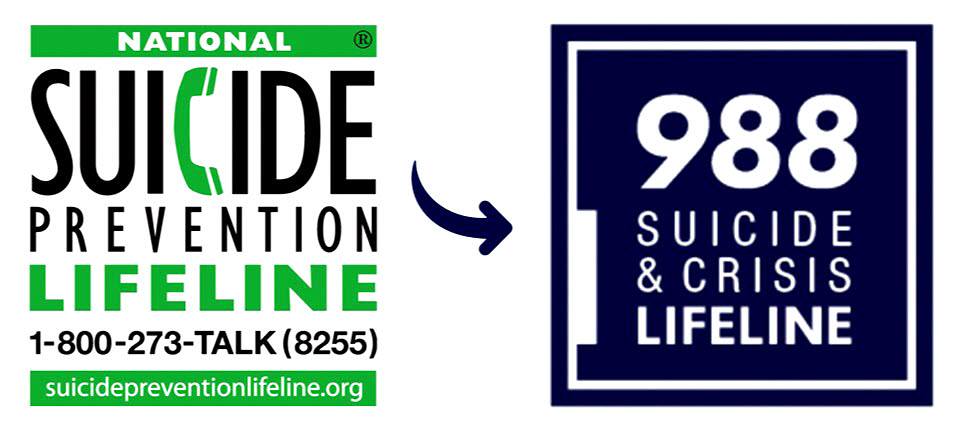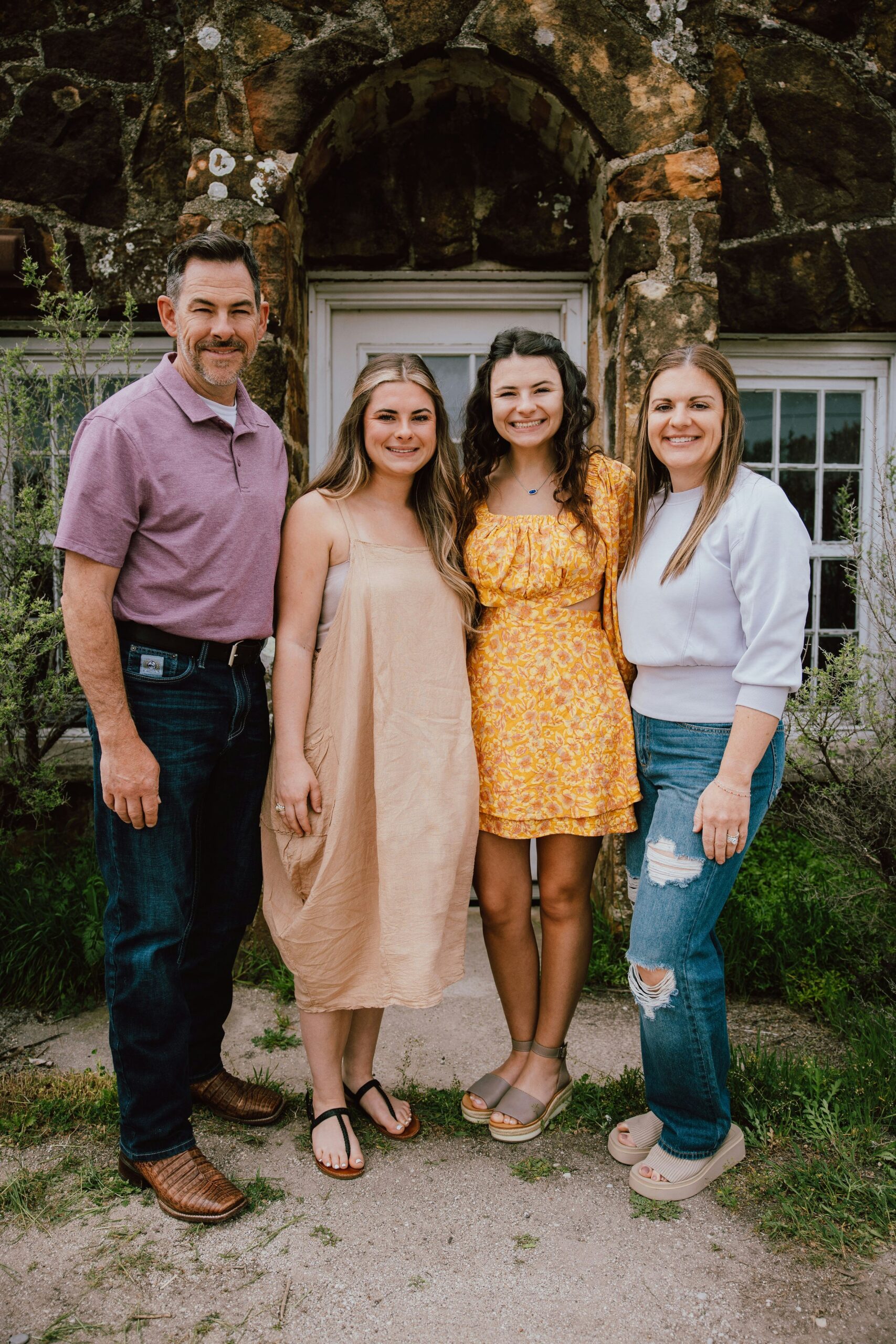James Donaldson notes: I am turning more and more of my time and efforts towards mental health issues, especially pertaining to our young people and student-athletes.
Getting men to speak up and reach out for help and assistance is one of my passions. Us men need to not suffer in silence or drown our sorrows in alcohol, hang out at bars and strip joints, or get involved with drug use.
Having gone through a recent bout of depression and suicidal thoughts myself, I realize now, that I can make a huge difference in the lives of so many by sharing my story, and by sharing various resources I come across as I work in this space.
http://bit.ly/JamesMentalHealthArticle
By Sam Nar and Mollie Smith

David Kirby, the clinical services manager at Distress Centre Calgary, says speaking and writing about suicide should be embraced, but care when choosing the right language is crucial. Photo by Sam Nar
David Kirby says people need to talk about suicide and share stories by writing them down. But the clinical services manager at Distress Centre Calgary says getting the language right is crucial. Professional writers, he says, must pay attention to the type of language used when describing the act.
“We know that suicide is extremely fraught with taboo and stigma. Any language that we use is going to be so conditioned, seemingly neutral, that we forget that it’s constructed habitually,” Kirby says.
“I think our language needs to be as compassionate as possible to serve as furthering an increasing dialogue around suicide.”
Kirby says many people see no problem with saying, “committed suicide.” However, he says “committed” is a loaded term, associated with criminal acts. Oxford dictionary defines “commit” as carrying out or perpetrating “a mistake, crime, or immoral act.” Instead, Kirby advocates for the phrase “died by suicide.”
The media’s role
The Mindset manual put together by André Picard of The Globe & Mail, Karen Pauls of CBC News and Michael Kirby of Partners for Mental Health, supports Kirby’s position. It specifically asks journalists to use more direct language, such as “took his own life,” “died by suicide” or “killed herself.” The manual implores journalists to “be aware of the damage that can be done by reinforcement of stereotypes and strive to minimize it” through persistent investigation.
 Despite media guidelines, Canadian publications are still using the words “committed suicide.”Infographic by Sam Nar and Mollie Smith.
Despite media guidelines, Canadian publications are still using the words “committed suicide.”Infographic by Sam Nar and Mollie Smith.
Robson Fletcher, an editor and reporter with CBC Calgary, acknowledges that inappropriate phrases can creep into individual articles from time to time due to ingrained speech patterns, but he says he hasn’t seen many examples.
That said, a Google News search of CBC, The Globe And Mail and Postmedia turns up recent examples of writers using the phrase “committed suicide.”
- CBC story on missing teenager in central Alberta
- Globe and Mail story on the death of Calgary businessman George Gosbee
- Calgary Herald story on skyrocketing suicide rates in Canada’s North
Fletcher explains news organizations have been actively working to change the language used to describe suicide, developing guidelines for media to consult when reporting on sensitive cases, but he admits that some habits are hard to break.
“We’re used to saying things in certain ways, and when we’re in a hurry, we say things as we’ve always said them instead of thinking about the exact meaning of what we’re saying,” Fletcher adds.

‘Committed suicide’ is more than just a phrase — it can be harmful, according to David Kirby, the clinical services manager at Distress Centre Calgary.Infographic by Sam Nar.
According to Kirby, correcting language will have positive effects in lowering stigma. “I think when suicide is put into a context of being forbidden … it makes it very difficult for people to reach out for help.”
Despite critiques of how media discuss mental health issues, Steven Leong, the fund development leader of the Canadian Mental Health Association (CMHA), says the media is doing a much better job than it used to.
Leong lost his cousin to suicide five years ago. His cousin’s death was among the 4,054 cases in Canada in 2013, a number that dropped to 3,926 in 2016, according to the latest census. Although shocked by his cousin’s unexpected death, Leong says media efforts around the language of suicide have improved.
“I think it’s pretty good, it’s better than it’s ever been,” Leong says. “Even in the last five years, we’ve come a really long way.”
snar@cjournal.ca, msmith@cjournal.ca
Editor: Nathan Kunz | nkunz@cjournal.ca


